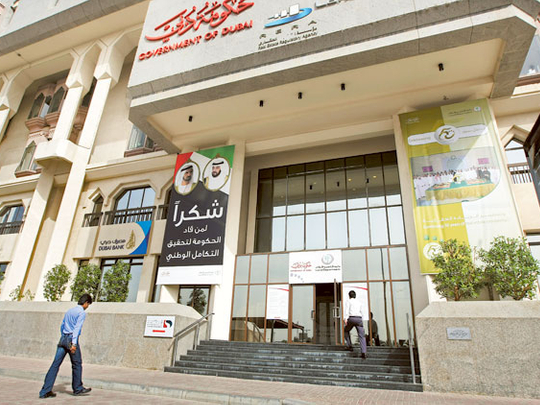
Dubai: With more of the shelved projects in Dubai from the late 2000s now officially confirmed as “cancelled”, the original property buyers in these have reached a milestone in trying to recover their investments. But how quickly and how much of those funds they can pull back are still unclear.
“It could that the escrow accounts established may not have sufficient funds to cover repayments to buyers,” said Brent Baldwin, Partner at the law firm of Hadef & Partners. “Another mechanism could be to make an application to find whether the assets (such as the plot, etc) held by the developer can be sold in order to refund investors, or if there would be a viable claim for an order for compensation against the business owned by the developer.
“Rera [Real Estate Regulatory Agency] has in the past facilitated plot sales to other investors to get a project back on track and thus help the cause of the property buyers. But these were for projects that were not officially deemed as cancelled.”
Also, many of the projects were launched and sold in the heady phase of 2005-2008. The plus side for investors seeking compensation is that most were located in what are now vibrant residential and commercial clusters. If the land itself is sold, they can net some substantial sums.
But there are a lot of negatives. “Beyond the launch and sales, quite a few of those projects do not have any formal registration of off-plan properties with Rera or Land Department or properly maintained escrow accounts,” said Chandrakant Whabi, CEO of Acrohouse Properties. “A lot of the off-plan specific regulations came into effect after 2008.
“But the Dubai Courts placing more projects under “cancelled” is good news for the market … it gives hope to all investors who had exposures of recovering some of their monies. For retail investors, fighting a case against a developer was always a big hurdle due to exorbitant costs. Those who did fight could not make recoveries because most of these developers had fled.
“So, cancelling the projects was the only way forward. What is required now is more transparency on what can be done next. Details of the status of the land, any balance in escrow account should be made available.”
Whether investors do recover the funds is for the future to tell. But for the Dubai Courts to officially confirm more projects as cancelled will go a long way towards making investing — and seeking clarity on those investments — in Dubai a more transparent process.
“Improving access to information and overall transparency is absolutely critical for strengthening Dubai’s real estate market,” said Jesse Down, Managing Director of Phidar Advisory.
“More importantly, it’s critical that this transparency remains consistent in up and down market cycles and especially when dealing with legacy issues like the cancelled projects from the last crisis.
“Low transparency is associated with relatively high risk, which pushes up yields. So, even in a stable rent environment there’s downside risk on sale prices.
“Of course, the current market structure — freehold property available for expatriate buyers — is only 13 years old. So, the existing market regulation and processes have developed over a very short period.”











